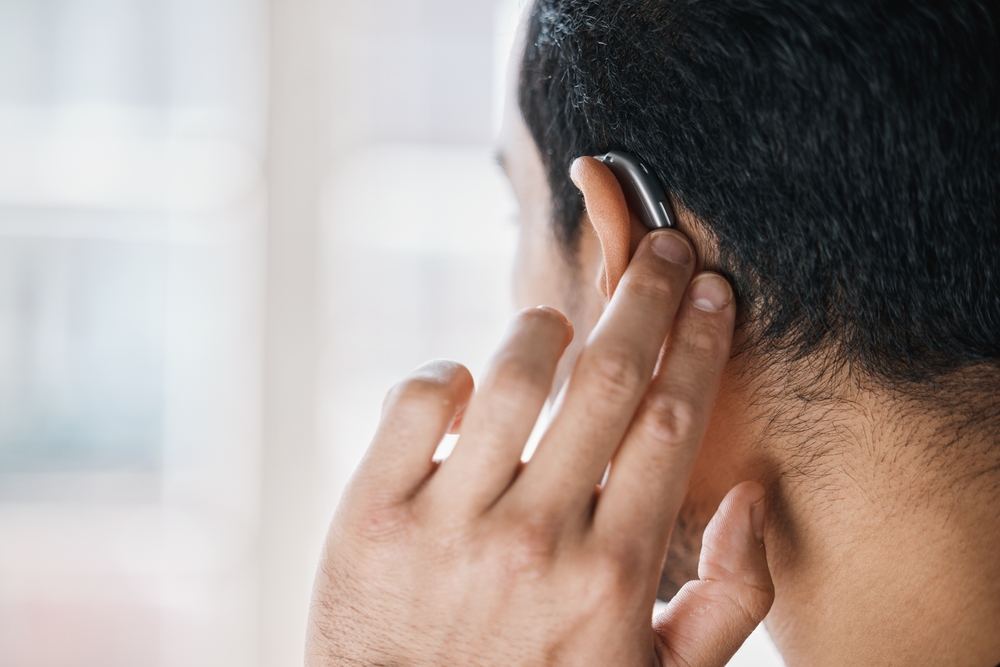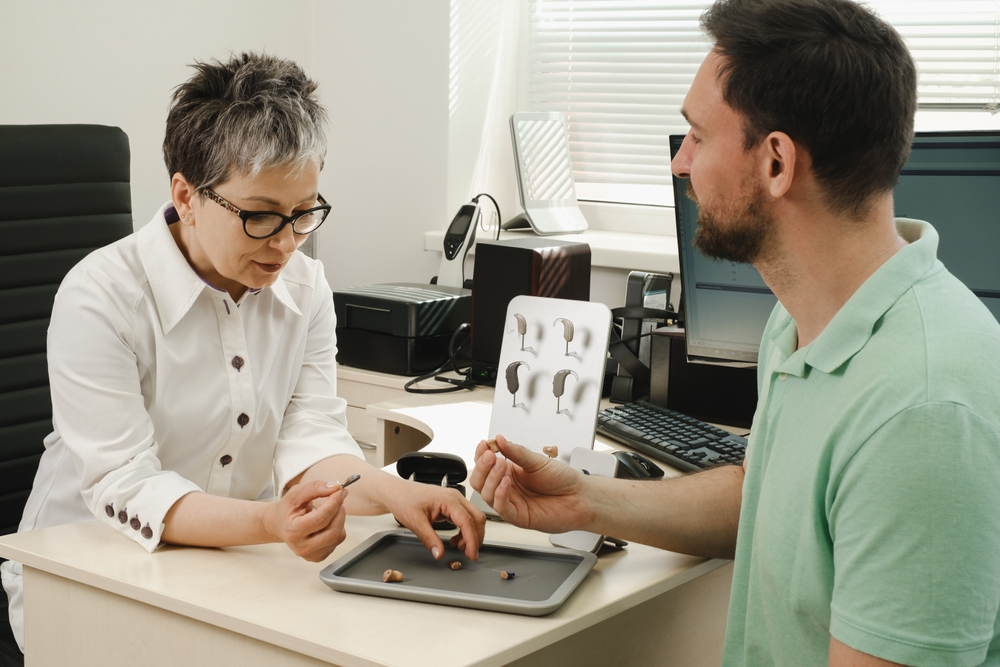Change isn’t always easy. Hearing aids bring an exciting new world of sounds for you, but they also represent a significant transformation of your life. With such a big change, it can be a challenge, especially if you are comfortable with your routine.
New hearing aids can present a few specific challenges at first, but knowing how to adjust to them can help ensure your new hearing aids will be a change you will love.
Tips to help you get used to your hearing aids more quickly
Whether it’s your first pair of hearing aids (congrats!) or an upgrade to a more powerful set (uh… also congrats!), any new hearing aid is going to represent a significant improvement in the way you hear. Depending on your personal situation, that might represent quite an adjustment.
Using the following tips can help your new hearing aid adjustment period be a bit more comfortable.
Start slow and extend wear gradually
As a general rule, the more you wear your hearing aids, the healthier your ears will stay. But if you’re breaking in your very first pair, wearing your devices for 18 hours a day can be a little uncomfortable.
You might start by trying to wear your hearing aids for 8 hours at a time, and then gradually build up your stamina until you are eventually used to wearing them full time.
Practice listening to voices
When you first start wearing your hearing aids, your brain will likely need a little bit of time to get used to the idea that it’s able to hear sounds again. During this transition period, it might be difficult to follow conversations or hear speech with clarity.
Practicing with reading or listening exercises (such as reading along to an audiobook) can help the language-hearing-and-interpreting part of your brain reassert itself.
Get your fit right
One of the first things you’ll do is go through a fitting process. This part of your visit helps adjust the device to your individual hearing loss, differences in the shape of your ear canal, and help improve comfort. Your hearing specialist might even go so far as to take molds of your ears. Sometimes, you’ll need more than one adjustment and may need to go back.
It’s important to take these fittings seriously and allow ample time. Don’t miss seeing your hearing specialist for follow-up fitting appointments. When your hearing aids fit well, your devices will sit more comfortably and sound more natural. Your hearing specialist can also help you make adjustments to different hearing environments.
Troubleshoot issues
Sometimes adjusting to a new hearing aid is a bit difficult because something’s not working quite right. Maybe you hear too much feedback (which can be painful). Or the hearing aid keeps falling out (which can be infuriating). These kinds of issues can make it difficult to adjust to your hearing aids, so it’s best to find solutions as early as you can.
Try these tips to troubleshoot common issues:
- Ask your hearing specialist to check that the hearing aids are properly calibrated to your hearing loss.
- If you hear a lot of feedback, ensure that your hearing aids are properly sitting in your ears (it could be that your fit is just a bit off) and that there are no obstructions (such as excess earwax).
- Discuss any ringing or buzzing with your hearing specialist. Sometimes your cell phone can cause interference with your hearing aid. In other cases, it could be that your hearing specialist will need to make some adjustments.
- Charge your hearing aids every evening or replace the batteries. When the batteries on your hearing aids begin to wane, they often do not perform as efficiently as they’re intended to.
The benefits of adapting to your new hearing device
Similar to acclimating to a new pair of glasses, adjusting to your new hearing aids may take some time. With the help of these tips, the adjustment period can hopefully proceed more smoothly and swiftly. If you remain committed, establishing a routine with your hearing aids, and fully engaging in the transition process, you’ll likely be pleasantly surprised as it all becomes second nature.
Once you are fully adjusted to your device, you’ll be able to devote your attention to the things you’re actually hearing: your giggling grandbaby, your favorite movie, or the daily conversations with your loved ones. These sounds remind you that all those adjustments are worth it in the end. And change is good.



